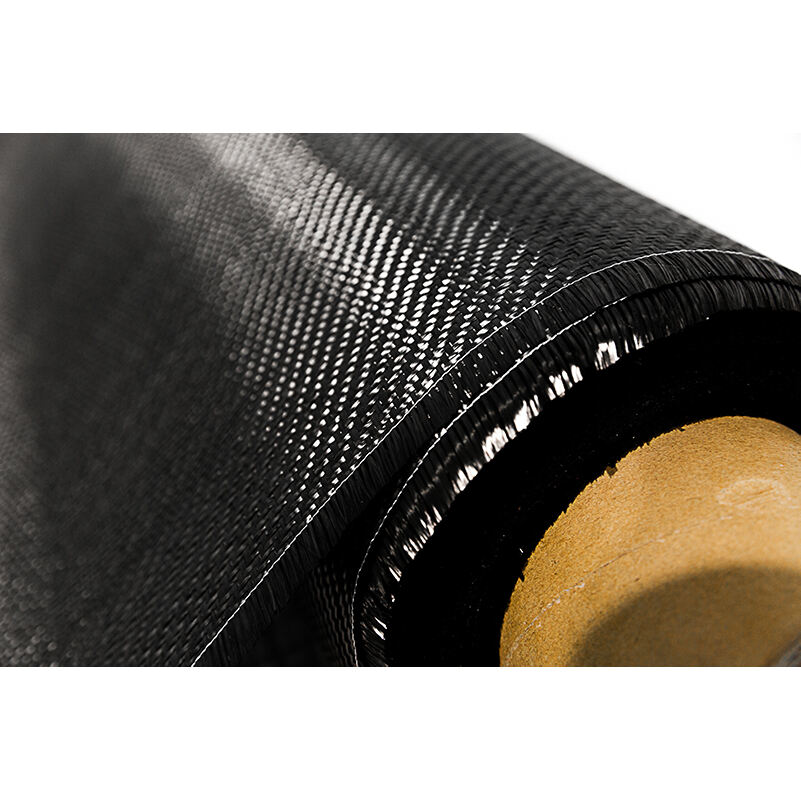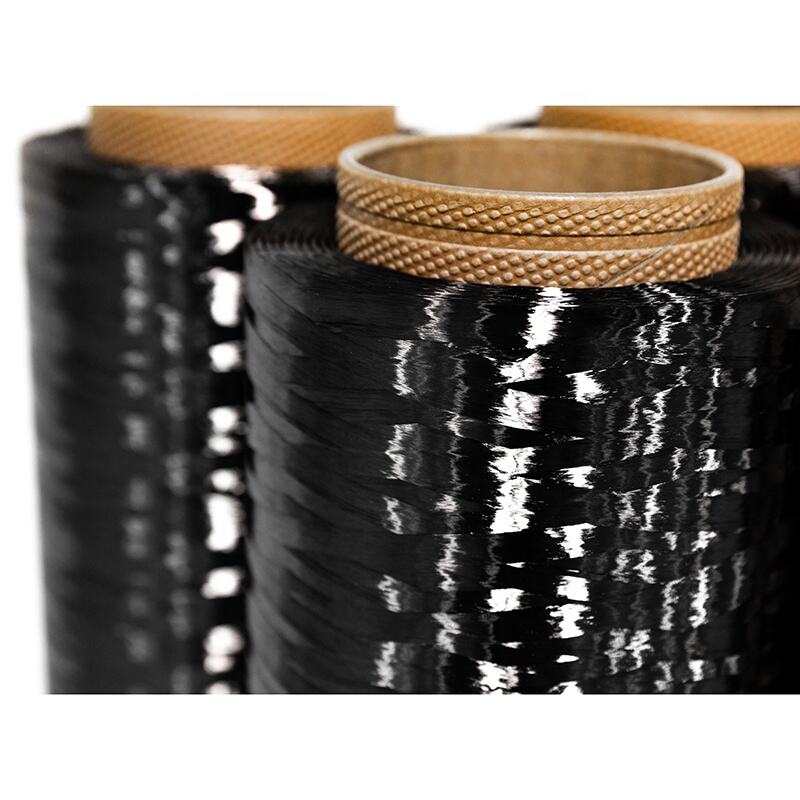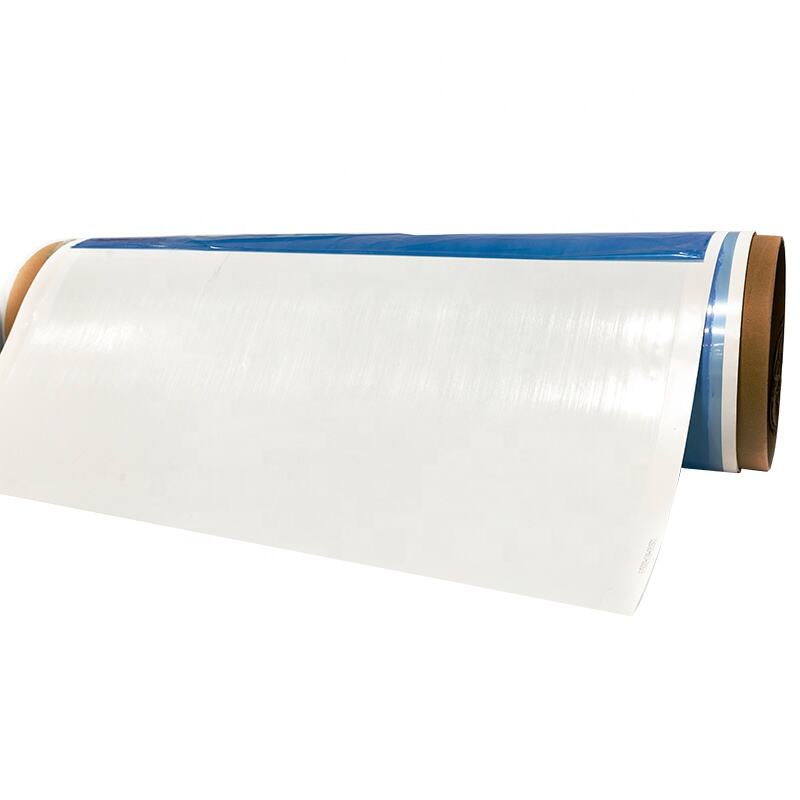carbon fiber
Carbon fiber represents a revolutionary material that has transformed various industries through its exceptional combination of strength and lightweight properties. This advanced composite material consists of thin crystalline filaments of carbon atoms, woven together to create a material that is five times stronger than steel while weighing significantly less. The manufacturing process involves heating synthetic fiber materials at extremely high temperatures, causing the atoms to align perfectly to create incredibly strong bonds. Carbon fiber's remarkable strength-to-weight ratio makes it invaluable in aerospace applications, high-performance automotive parts, sporting equipment, and industrial applications. The material's versatility allows it to be molded into complex shapes while maintaining its structural integrity, enabling designers and engineers to create innovative solutions for challenging technical requirements. Beyond its mechanical properties, carbon fiber offers excellent resistance to temperature changes, chemical corrosion, and fatigue, making it ideal for demanding environments. The material's distinctive black weave pattern has also become synonymous with high-performance and luxury products, adding aesthetic value to its functional benefits.


